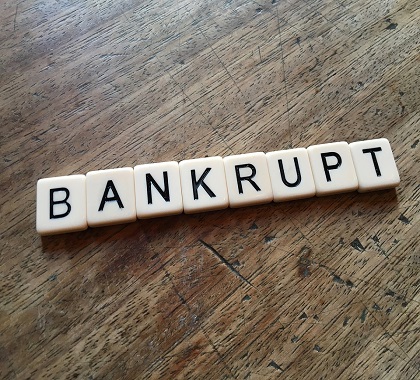A report by the Congressional Budget Office (CBO) warns the federal government may hit the debt ceiling earlier than previously projected.
CBO, a nonpartisan independent government agency responsible for providing economic and budgetary analyses, revised earlier predictions of an April 2018 debt crisis, suggesting the government may reach the debt limit in March.
In November 2015, Congress and President Barack Obama agreed to waive the debt ceiling until March 15, 2017. The ceiling was reinstated on that date, capping federal government debt at $19.9 trillion, or about $60,954.31 per person.
In a September 6, 2017 meeting with Democratic Party congressional leaders, President Donald Trump secured enough minority-party votes to overcome some Republicans’ opposition to a proposal to raise the ceiling to $20.1 trillion and waive the limit until December, buying time for Congress to reach a bipartisan debt deal.
The U.S. Treasury has used “extraordinary measures,” including delaying payments to government pension-fund investors, since December 8, 2017 to delay hitting the limit.
Sounding the Alarm
Clifford Thies, a professor of economics and finance at Shenandoah University and policy advisor for The Heartland Institute, which publishes Budget & Tax News, says the ratio of the federal government’s debt to Gross Domestic Product (GDP), the total value of goods and services in the nation, is already above the danger level.
“In terms of ability to pay the interest on the debt, the more relevant figure is the ratio of national debt to GDP,” Thies said. “That ratio is now a bit over 100 percent. For perspective, the danger line is 90 percent. On the wrong side of this line, and the prospect is some kind of default, either an explicit repudiation or an implicit writing down of the debt through inflation.”
Influence of Special Interests
Richard Ebeling, an economics professor at The Citadel and policy advisor for The Heartland Institute, says Congress has little incentive to slow deficit spending.
“The various special-interest groups that both parties serve in their own way, who want the government to continue and increase spending, pressure Congress to raise the debt ceiling,” Ebeling said. “Deficit spending allows the government to create the illusion we’re getting something for nothing, but that difference has to be paid out of the taxpayers’ income at some point.”
‘It Depends on the Voters’
Gerald Prante, an assistant professor of economics at Lynchburg College, says Congress won’t take the debt issue seriously unless voters do.
“The voters need to have the budget as a priority,” Prante said. “Without support for it, no politicians will support drastic changes. Ultimately, it depends on the voters, and we need the voters to see the long-term problems of our current welfare system.”




